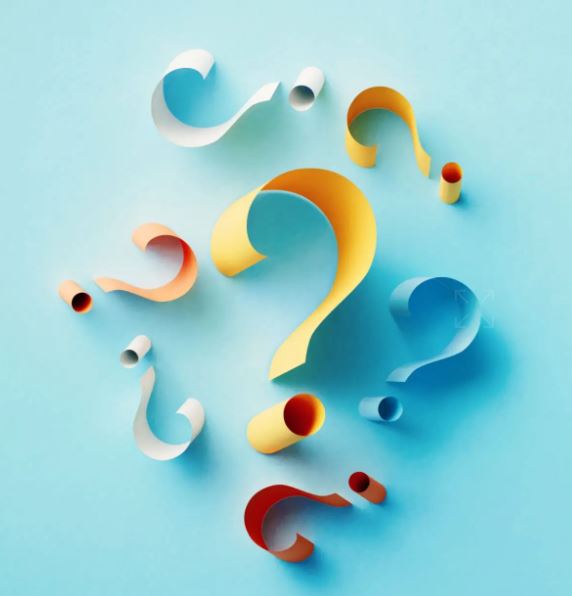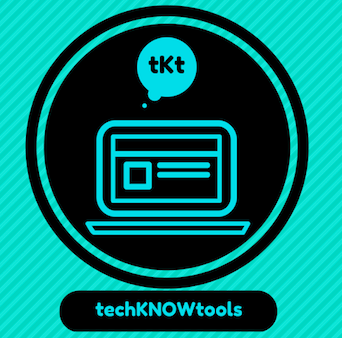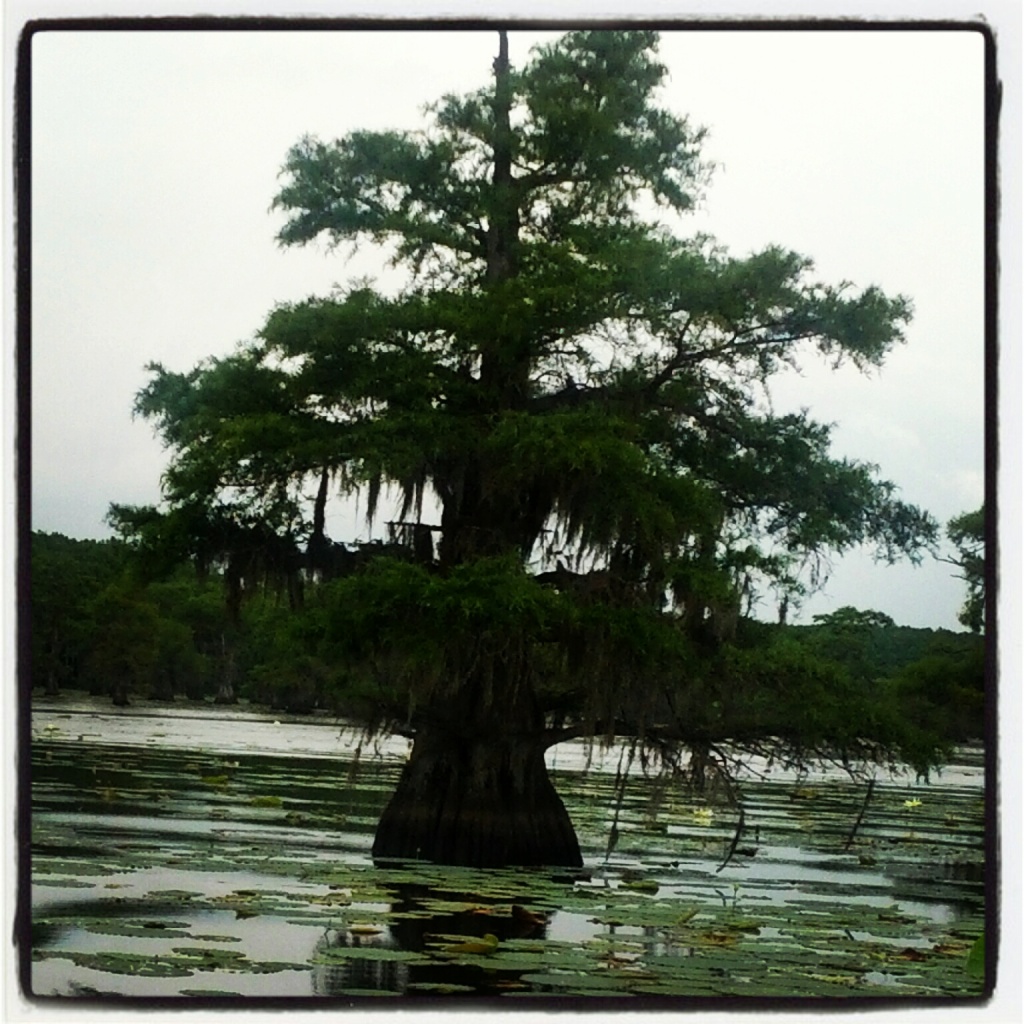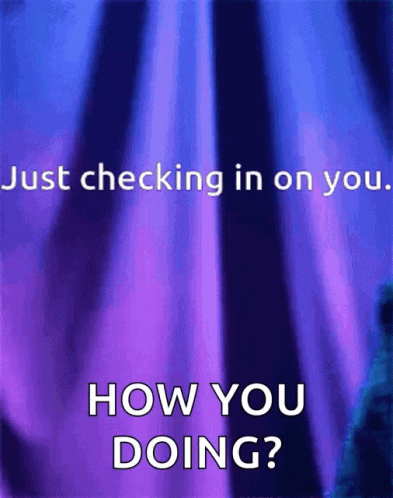Mindfulness is “the process of actively noticing new things. When you do that, it puts you in the present. It makes you more sensitive to content and perspective. It’s the essence of engagement” (Langer, 2014, p. 4). It seems simple, right? But did you know that most of us spend nearly 47% of our waking hours thinking about something other than what we’re doing (Killingsworth & Gilbert, 2010)? I was concerned I might fall into this percentile, so I decided to take a look at what I was actually minding on a daily basis. With the help of a few reads and an app, I decided to set out on my own inward journey to see what my own mind was up to these days. It’s been almost three months of this mindful journey, so I thought I’d share what I’ve learned so far.
With the amount of information and media I consume on a regular basis, I thought it was about time I inserted some mental workouts into my mind. Apparently, a wandering mind is not a happy mind, and the following benefits Goleman (2017b) share for being more mindful:
- stronger focus
- better concentration
- staying calmer under stress
- better memory
- cultivates an attitude of kindness
I have been thinking about what consumes my mental space and how my work is changing the way I process things. I try space my work into chunks and take time away from a screen or project deadlines to process in an analog way (e.g. run, read a real book, walk my pup, doodle/draw, or play ukulele). I am wondering how much my response or reaction to things is being molded by the devices I use or the work that I do, so it was helpful to learn how mindfulness and a meditation practice might curb this shifting response of my own thoughts, emotions, and reactions. In the HBR Mindfulness book, Goleman (2017a) also shared that mindfulness has the potential to help us:
- pay attention to accomplishments
- enhance creativity
- less evaluative
- develop charisma
- improve productivity
- be fully present
- appreciate/understand why people behave the way they do
- make moments in life matter
- focus on what is important
- hear the signals in the noise
- recognize patterns
- label/accept own thoughts and emotions
- act on values
- practice empathy

Sign me up! I think we could all use a bit more of the above list — so let’s give this meditation thing a go and improve how we think about things. Our brains need a bit of a workout or even rest, right? Goleman (2011) describes the ability to build resilience either by talking to yourself or retraining your brain. I decided to opt for the latter, as I typically talk out loud to process ideas. I figured it might be time to look at my inward dialog to examine what I am thinking about as the cogs of my brain turn. For a mindful practice, Goleman (2011) shares these simple instructions:
- Find a quiet, private place where you can be undistracted for a few minutes — for instance, close your office door and mute your phone.
- Sit comfortably, with your back straight but relaxed.
- Focus your awareness on your breath, staying attentive to the sensations of the inhalation and exhalation, and start again on the next breath.
- Do not judge your breathing or try to change it in any way.
- See anything else that comes to mind as a distraction — thoughts, sounds, whatever — let them go and return your attention to your breath.
We can reprogram our brain to be more rational and less emotional for how we react, make decisions, and deal with life situations. “Mindfulness is being present and aware, moment by moment, regardless of circumstances” (Gonzalez, 2014). The process of leaning into emotions or dealing with difficult times through meditation has an acronym for coping: R.A.I.N. = Recognize, Accept, Investigate, and Non-Identifications. This is how to deal with overwhelming situations, stress, or to connect to the situation better by leaning into these feelings.
That being said, I have never meditated. Sure – I enjoy my Shavasana pose at the end of a yoga class – but I have never really tried this meditation thing. I’m too busy for that! Or I get what I need for my mind from taking a walk, going for a run, or yoga, right? (Is what I thought.) This is probably why I appreciated reading Dan Harris’ (2017) book and advice for fidgety skeptics who was to meditate. Harris is a journalist who started meditation after having a panic attack live on the air and I heard about this book from an episode of Note To Self (Thanks, @manoushz!). Here are a few simple steps he offers for anyone who is just starting a meditation practice (Harris, 2017):
- Approach the establishing of a meditation habit as an experiment.
- Be willing to fail – it might not work every day or always, but that’s okay.
- Start small – don’t take on too much too soon. Even 1 minute of meditation each day counts.
- Try attaching medication to a preexisting habit, for example, I meditate after I brush my teeth in the morning.
- Stay on the lookout for the life benefits, let them pull you forward.
More resources from @danbharris at http://www.10percenthappier.com/ & The Consciousness Explorer’s Club
That being said, I do have to thank Andy Puddicombe for his 10 mindful minutes TED Talk where he shares WHY we should mediate. I had heard this before and replayed it after reading a few of these books on meditation. Additionally, I had tried out (10-days are free) his meditation app, Headspace (https://www.headspace.com/) last year — but never moved forward with this practice. This year, I make the purchase to commit to trying meditation for a longer period of time (at least one year, per the investment). Also, I decided to designate a space in my house, get a meditation cushion, and anchor my morning practice to something I typically do when I wake up in the morning (anchor action: brush my teeth, start the coffee, and then sit to meditate). Adding this app and anchoring my meditation practice to the regular routine has become part of my morning ritual before I start my day to work, write, or something else.
So… here’s my progress report: I am almost 3 months into this meditation practice and being present in my own (head) space is going alright. I am not going to say it has been easy or that I want to do it all the time, but I am finding that this regular practice to pause in the morning (and at other times throughout the day) is helping me to chill when I’m stressed and be more present with those around me (I think). Like any new training routine, it’s not an overnight thing — it does take time and continual practice. So onward with the mindful journey, I go!
Do you have a meditation practice? What grounds your mindful practice? Tell me about it, and I welcome suggestions as a newbie to the practices. Please feel free to share in the comments below.
References:
Goleman, D. (2011). Resilience for the rest of us. Harvard Business Review. Retrieved from https://hbr.org/2011/04/resilience-for-the-rest-of-us
Goleman, D. (2017a). Mindfulness (HBR Emotional Intelligence Series). Boston, MA: Harvard Business Review.
Goleman, D. (2017b, September 28). Here’s What Mindfulness Is (and Isn’t) Good For. Harvard Business Review. Retrieved from https://hbr.org/2017/09/heres-what-mindfulness-is-and-isnt-good-for
Gonzalez, M. (2014, March 31). Mindfulness for People Who Are Too Busy to Meditate. Harvard Business Review. Retrieved from https://hbr.org/2014/03/mindfulness-for-people-who-are-too-busy-to-meditate
Harris, D. (2017). Meditation for Fidgety Skeptics: A 10% Happier How-to Book. New York City, NY: Penguin Random House LLC
Killingsworth, M. A., & Gilbert, D. T. (2010). A wandering mind is an unhappy mind. Science, 330(6006), 932-932.
Langer, E. J. (2014). Mindfulness, 25th-anniversary edition. Boston, MA: DeCapo Press.







You must be logged in to post a comment.